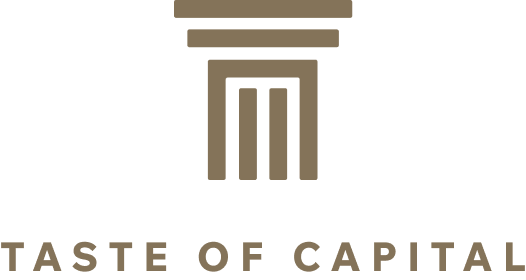The European Commission on Friday said it has adopted a new package of sanctions against Russia, its 19th since the war in Ukraine began, and will now present it for approval by member states.
European Commission President Ursula von der Leyen on Friday confirmed that the EU has adopted its 19th package of sanctions against Russia, which includes a full ban on imports of Russian liquefied natural gas.
“We are prepared for this, we have been saving energy, we have been diversifying supplies, we have been investing in low-carbon sources of energy like never before,” von der Leyen said.
We want to ban imports of Russian LNG into European markets.
It is time to turn off the tap.
I want to be clear: Europeans will be safe this winter.
Because we have been preparing for this under REPowerEU.
Our efforts are paying off today.
The proposal marks an acceleration of the EU’s energy strategy, which originally aimed to phase out Russian fossil fuels by the end of 2027.
The shift follows US President Donald Trump’s recent call for Europe to intensify pressure on Russia’s energy trade.
Details of the EU’s sanctions
“Russia is showing the full extent of its contempt for diplomacy and international law,” European Commission President Ursula von der Leyen said Friday in Brussels.
“Again and again, President Putin has escalated — and in response, Europe is increasing its pressure.”
Analysts say the global gas market outlook has given the EU confidence to set an earlier date.
A supply surplus is expected in the second half of 2026, as new liquefied natural gas capacity — particularly from the United States — comes online.
That should reduce the risk of shortages or price spikes once Russian LNG is cut off.
European natural gas prices fell after the announcement, indicating traders had anticipated restrictions sooner.
The sanctions package comes as Russia steps up its attacks on Ukraine and after a recent drone incursion into Polish territory. It reflects a more targeted approach from Brussels, but still requires unanimous approval from EU member states.
The new measures also lower the price cap on Russian crude oil to $47.6 a barrel and sanction 118 additional vessels from the so-called shadow fleet that transport Russian oil in violation of restrictions.
Russian energy trading companies Rosneft and Gazpromneft are now subject to a full transaction ban, while other companies will face asset freezes.
The EU will also target refineries, oil traders and petrochemical firms in third countries — including China — that import Russian oil.
For the first time, sanctions will extend to crypto platforms to clamp down on efforts to circumvent restrictions.
The post EU adopts 19th sanctions package aganist Russia appeared first on Invezz
